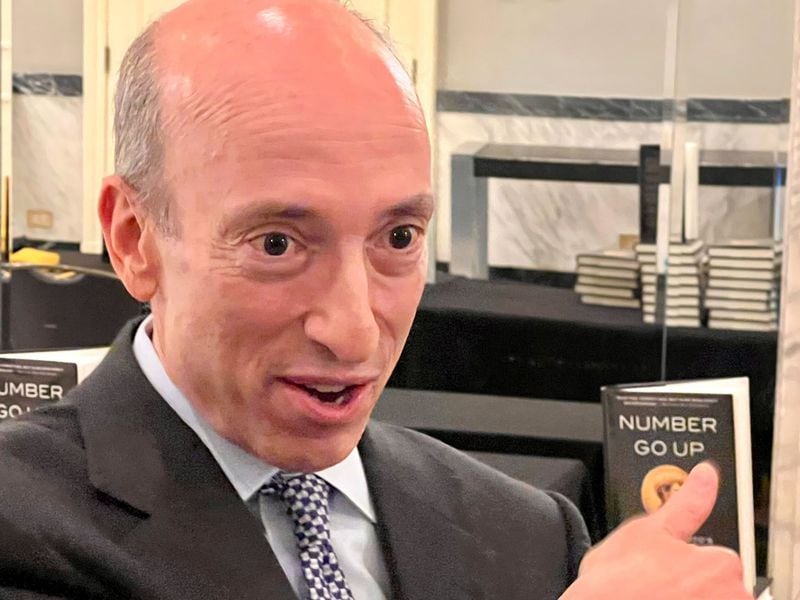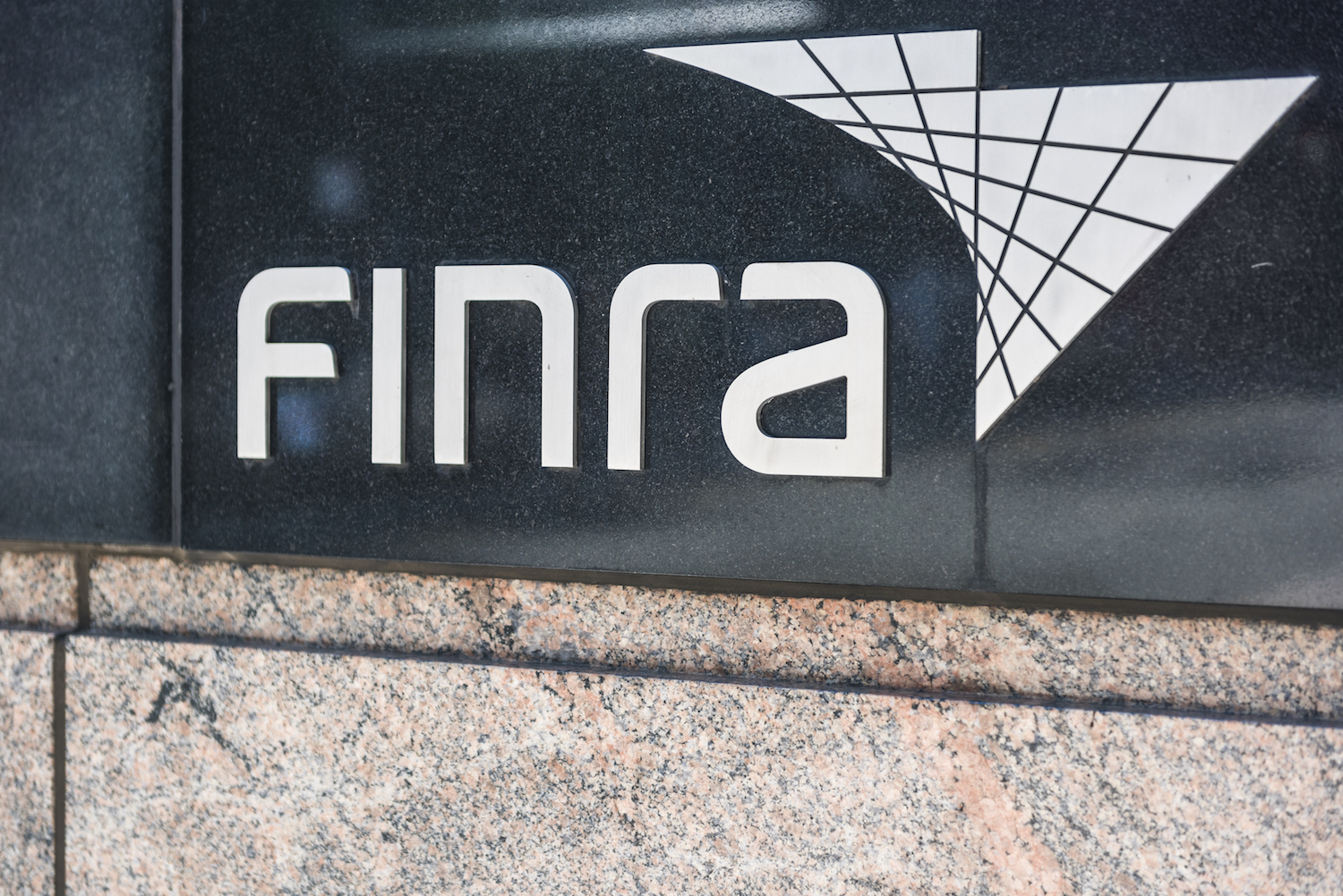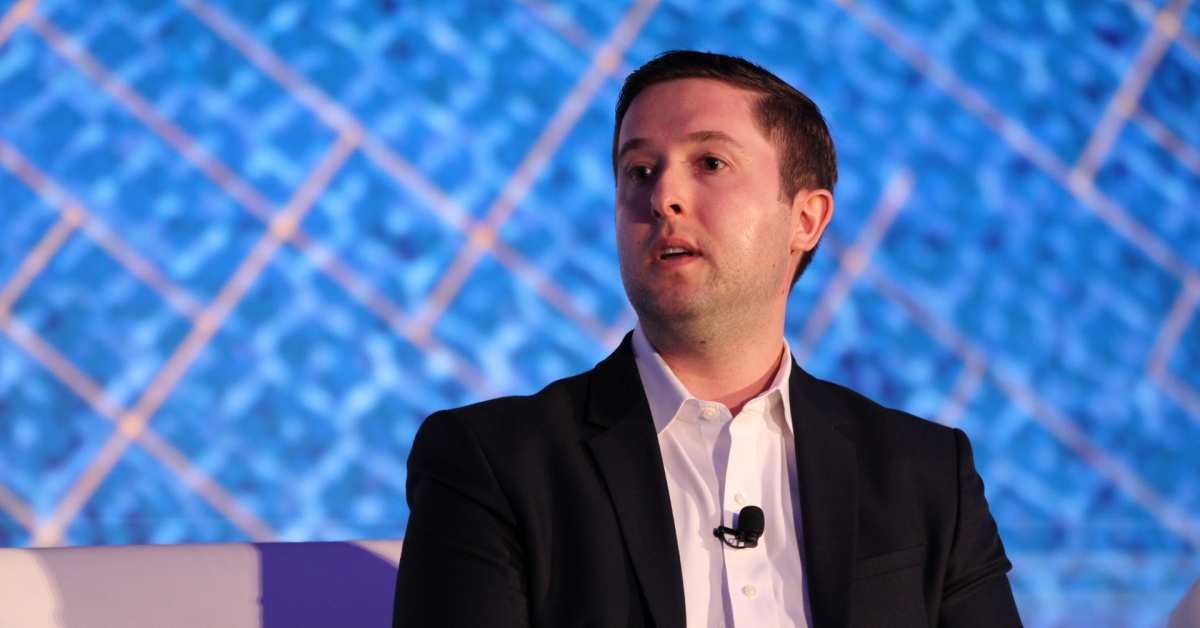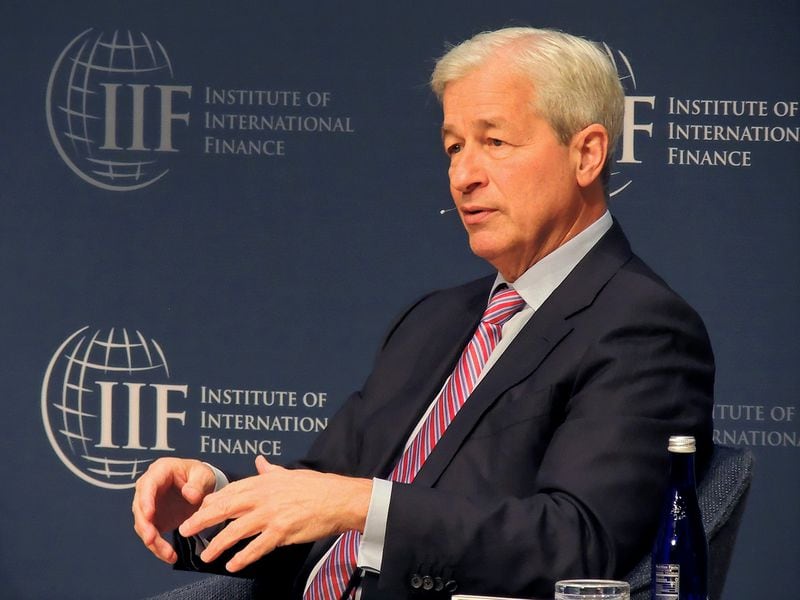Craig Wright’s UK Contempt of Court Case Over Alleged Embargo Breach Abandoned
Christy Goldsmith Romero
Commissioner
U.S. Commodity Futures Trading Commission
Explore the policy fallout from the 2022 market crash, the advance of CBDCs and more.
Christy Goldsmith Romero
Commissioner
U.S. Commodity Futures Trading Commission
Explore the policy fallout from the 2022 market crash, the advance of CBDCs and more.
:format(jpg)/www.coindesk.com/resizer/VDk3MowyGg2DUxeRJFgGIHdZ6SE=/arc-photo-coindesk/arc2-prod/public/ZHFQDVVL5ZHVNGH7MTIESP35ZU.jpg)
Jack Schickler is a CoinDesk reporter focused on crypto regulations, based in Brussels, Belgium. He doesn’t own any crypto.
Christy Goldsmith Romero
Commissioner
U.S. Commodity Futures Trading Commission
Explore the policy fallout from the 2022 market crash, the advance of CBDCs and more.
Christy Goldsmith Romero
Commissioner
U.S. Commodity Futures Trading Commission
Explore the policy fallout from the 2022 market crash, the advance of CBDCs and more.
U.K. contempt of court proceedings against Craig Wright, who claims to be Bitcoin inventor Satoshi Nakamoto, have been dropped after judges said they were ill-equipped to proceed in a case where facts were disputed.
It was no longer in the public interest to continue to act against Wright even if there was, at first sight, evidence that Wright revealed details of a judgment before it was supposed to be published, English High Court Judge Mark Warby said during a Wednesday hearing.
“We have concluded that it is no longer in the public interest to pursue these proceedings,” said Warby, speaking also on behalf of Judge Matthew Nicklin, adding that the court was “ill-equipped to proceed in contempt proceedings where the underlying facts are disputed, or a raft of legal issues raised.”
“We are satisfied that there is prima facie evidence of a breach by Dr. Wright of the embargo on the draft judgment,” Warby said.
Sending judgements in advance is common practice in English courts, allowing counsel for both parties to correct errors and prepare a response, but revealing contents before official publication can be treated as contempt of court – a deemed prejudice of legal procedures that can carry a sentence of up to two years’ jail.
Messages posted on a Slack channel by Wright in August last year could be read as “intending to disclose” the contents of a judgment regarding journalist Peter McCormack that had been sent to Wright’s lawyers just hours previously, Judge Martin Chamberlain said last year in a ruling which referred the matter for further investigation.
According to Chamberlain, Wright said that the Slack messages were intended to “encourage debate,” and that he “did not realize” that a separate email he forwarded to five unauthorized people contained a summary of the judgment.
In a later affidavit filed in March, Wright said that key evidence concerning the alleged breach had been submitted by his lawyers at Ontier without his permission, and constituted legally privileged material. Faced with a 17,000-word skeleton argument advanced by Wright’s new attorneys, buttressed by 1,600 pages of legal authorities, Warby concluded that the cost of continuing outweighed the benefits.
Wright sued McCormack for libel in 2019, after McCormack said the Australian computer scientist was not the true author of the 2008 pseudonymously written white paper which first set out the idea of bitcoin as a cryptocurrency.
While McCormack abandoned his defense on the ground of cost, Wright was awarded only one British pound in damages, as Chamberlain found Wright had “advanced a deliberately false case until shortly before trial.” McCormack was also ordered to pay around 900,000 pounds ($1.1 million) in costs.
In a separate ruling last October, Judge Helen Engebrigtsen of the Oslo District Court in Norway said that Markus Granath, tweeting as Hodlonaut, had “ample factual basis to claim that Wright had lied and cheated in his attempt to prove that he is Satoshi Nakamoto.”
Ontier and new counsel for Wright did not immediately respond to a request for comment.
Edited by Sandali Handagama.
DISCLOSURE
Please note that our
privacy policy,
terms of use,
cookies,
and
do not sell my personal information
has been updated
.
The leader in news and information on cryptocurrency, digital assets and the future of money, CoinDesk is a media outlet that strives for the highest journalistic standards and abides by a
strict set of editorial policies.
CoinDesk is an independent operating subsidiary of
Digital Currency Group,
which invests in
cryptocurrencies
and blockchain
startups.
As part of their compensation, certain CoinDesk employees, including editorial employees, may receive exposure to DCG equity in the form of
stock appreciation rights,
which vest over a multi-year period. CoinDesk journalists are not allowed to purchase stock outright in DCG
.
:format(jpg)/www.coindesk.com/resizer/VDk3MowyGg2DUxeRJFgGIHdZ6SE=/arc-photo-coindesk/arc2-prod/public/ZHFQDVVL5ZHVNGH7MTIESP35ZU.jpg)
Jack Schickler is a CoinDesk reporter focused on crypto regulations, based in Brussels, Belgium. He doesn’t own any crypto.
Learn more about Consensus 2023, CoinDesk’s longest-running and most influential event that brings together all sides of crypto, blockchain and Web3. Head to consensus.coindesk.com to register and buy your pass now.
:format(jpg)/www.coindesk.com/resizer/VDk3MowyGg2DUxeRJFgGIHdZ6SE=/arc-photo-coindesk/arc2-prod/public/ZHFQDVVL5ZHVNGH7MTIESP35ZU.jpg)
Jack Schickler is a CoinDesk reporter focused on crypto regulations, based in Brussels, Belgium. He doesn’t own any crypto.









